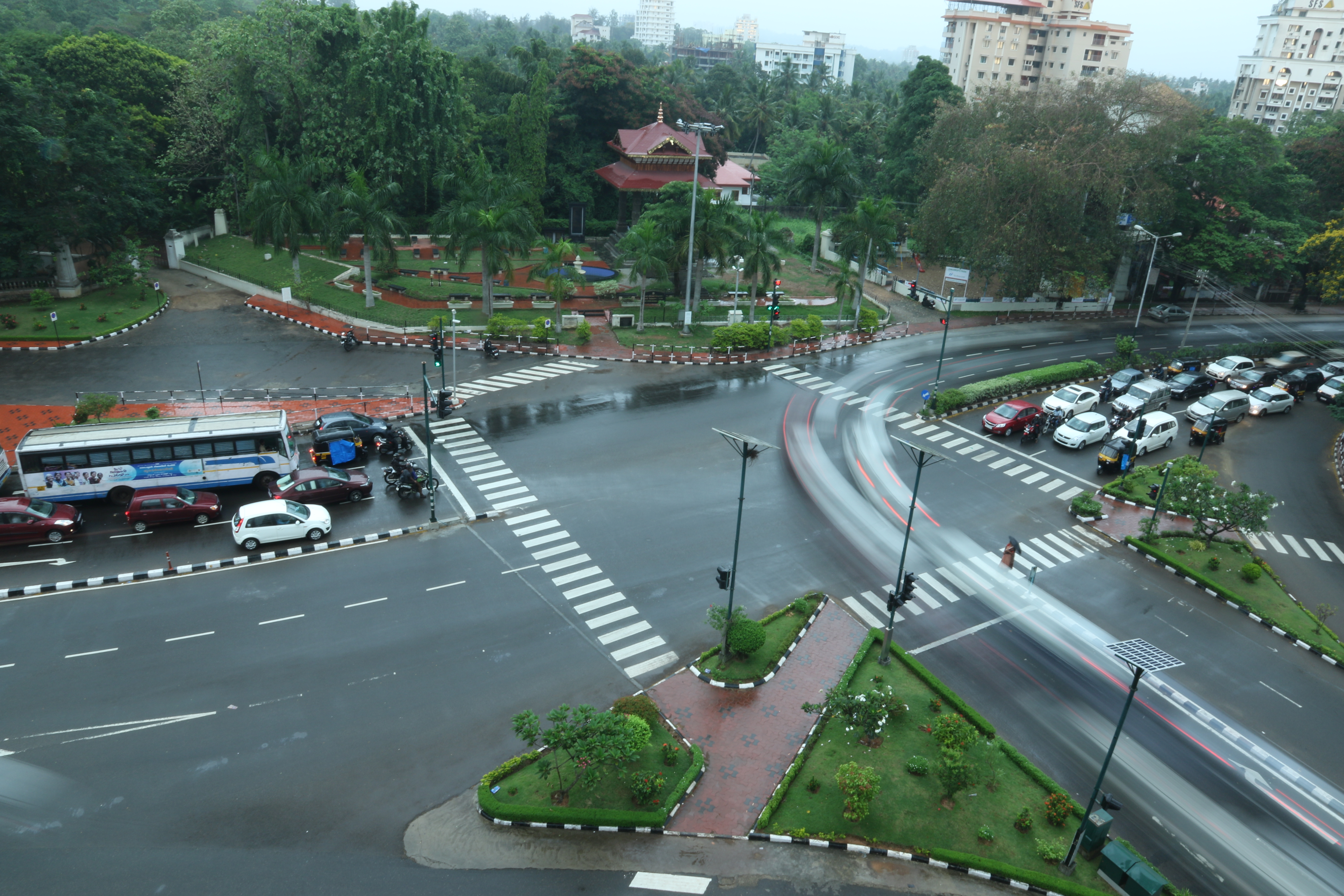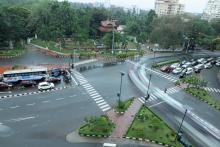
Thiruvananthapuram, the capital city of Kerala (India) had been witnessing rapid urbanisation. The government of Kerala implemented the Thiruvananthapuram City Road Improvement Project (TRCIP) to widen the existing 42km of existing road network to cater the needs of rapid urbanisation.
The government of Kerala started the initiative with the Enactment of Kerala Road Fund Act in 2001 and setting up of the Kerala Road Fund Board (KRFB) in 2004 to approve the Public Private Partnership arrangements and allocate funds for TRCIP.
Dedicated Road Fund was established to increase the comfort level of the private sector for participating in the project. The Procurement of Concessionaire for the TCRIP was based on a two stage (RFQ and RFP) Global Competitive Bidding Process. The project was awarded to the lowest bidder, based on the lowest annuity amount quoted, in March 2004 to an SPV, Thiruvananthapuram Road Development Company Limited (TRDCL) formed by IL&FS Transportation Networks Limited (ITNL).
TRDCL had to complete work within 30 months and undertake Operation and Maintenance (O&M) for the next 15 years based on O&M requirements specified in the Concession Agreement. The Concessionaire had to ensure Assured Availability with each annuity period, the stretches were deemed unavailable if the same were closed for traffic use or if the riding quality had deteriorated below levels prescribed as per the O&M manual. Construction risk including the time and cost overruns due to contractor default was to be borne by the operator.
However, the overruns due to delays in land handover was to be borne by the Public Works Department. The Project needed acquisition of around 5,000 land parcels in a thickly populated (4,400 people/km2) urban scenario. The Concessionaire is responsible for the performance risk, there are penalties for non-compliance with contractual commitments through performance guarantee.
The Concessionaire had to handover the possession of project facilities in good operating condition at the end of the project. This project adopted a “life cycle “approach to road improvement, making the Concessionaire responsible for long term maintenance of the roads and ensuring better quality of services.
This is the first urban road project in India, where an attempt was made to develop and maintain a City Road Project through PPP arrangements and it has been proved to be successful. It’s also unique in its use of a Road Fund for ensuring annuity payments to the Private Participant.
The project had to be executed in the midst of people with very high literacy and political awareness and involvement of Human Rights Groups and environmentalist made the project extremely challenging. The Union government of India has lauded the public-private partnership (PPP) model adopted for the City Road Improvement Project. The professional approach adopted by ITNL in the urban road development had made the State a model.









